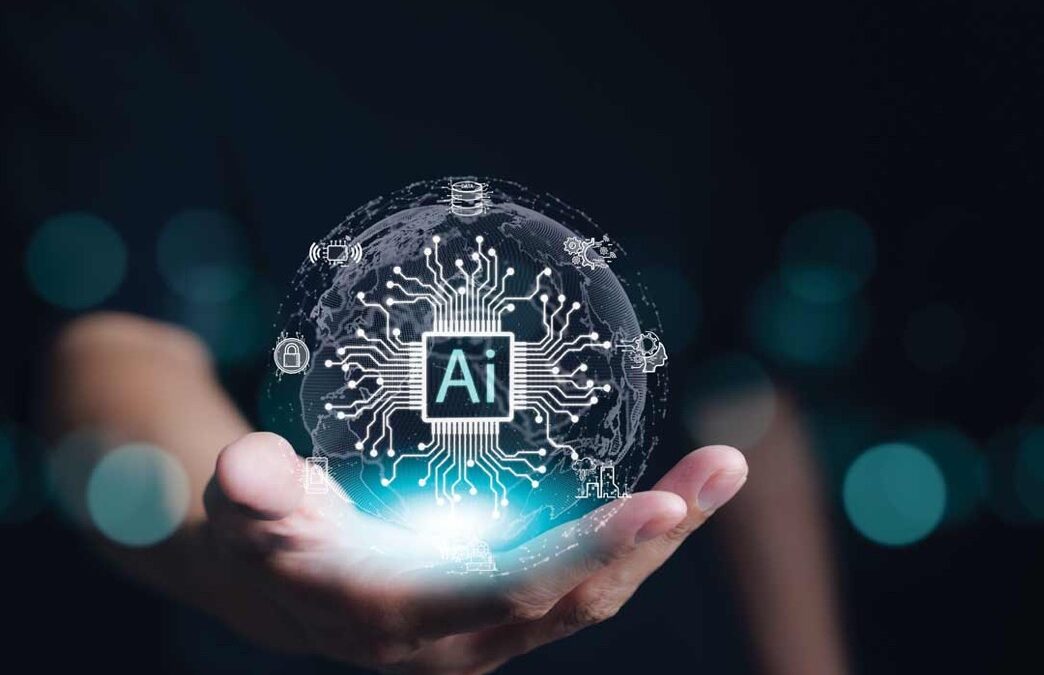Generative artificial intelligence is no longer confined to experimental labs or niche creative projects; it is increasingly becoming a mainstream force with profound implications for culture, business, and society. This week, Alphabet announced a fresh $150 million commitment to responsible AI education and digital wellbeing, while a new report from Kinetic Consulting positioned Artificial General Intelligence (AGI) as the imminent next era of AI, suggesting that the industry is at a turning point. Taken together, these developments highlight how generative AI is simultaneously shaping consumer culture, transforming economic models, and accelerating technological frontiers in ways that few technologies before it have managed.
The cultural impact of generative AI is perhaps the most visible to the everyday user. From text-to-image systems that empower artists and marketers to generate professional-grade visuals in seconds, to language models embedded in smartphones and search tools, the technology is redefining creativity and communication. Alphabet’s renewed investment in digital wellbeing reflects growing awareness that the widespread adoption of these tools must be balanced with ethical guidance, particularly in how people consume information and interact with AI-driven systems. The conversation is no longer about whether AI can produce convincing art or prose; it is about how this new creative ecosystem will shape our identities, values, and trust in digital content.
Economically, the rise of generative AI is ushering in a wave of opportunities and disruptions. Businesses are already leveraging the technology to reduce costs, streamline operations, and open new revenue streams, from personalized marketing campaigns to fully automated customer service solutions. Kinetic Consulting’s report, which frames AGI as a near-term reality, points to even more transformative changes on the horizon, suggesting that firms which fail to adapt risk being left behind. For global markets, this implies both an arms race in investment and a recalibration of labor forces, as jobs evolve from routine task execution toward higher-value creative and strategic roles. In this light, Alphabet’s investment can be read not only as a philanthropic gesture but also as a strategic hedge: ensuring that the workforce is prepared to thrive in an economy increasingly powered by generative and general AI.
Technologically, the shift is profound. Generative AI models are growing more powerful, versatile, and integrated into everyday applications. The fact that Alphabet, a company with one of the world’s most advanced AI research labs, is placing emphasis on education and wellbeing shows recognition that technical capability alone is not enough. The trajectory toward AGI, as highlighted by Kinetic Consulting, underscores that we may soon move from narrow generative systems to more broadly capable AI that can learn, reason, and act across domains with minimal human intervention. If this milestone is achieved, the implications would rival the industrial and digital revolutions in scale, touching every facet of human activity.
The rising tide of generative AI is therefore not a single storyline but a convergence of cultural, economic, and technological shifts. It is fueling creativity while raising questions about authenticity, reshaping business models while demanding new skills, and advancing technical boundaries while pressing society to consider safety and ethics. On this early September day in 2025, the signals are clear: generative AI is not a passing trend but a transformative wave, and how governments, businesses, and individuals respond will determine whether it lifts us to new heights or overwhelms us with its force.

